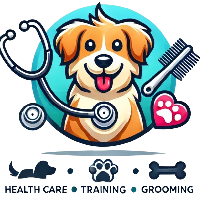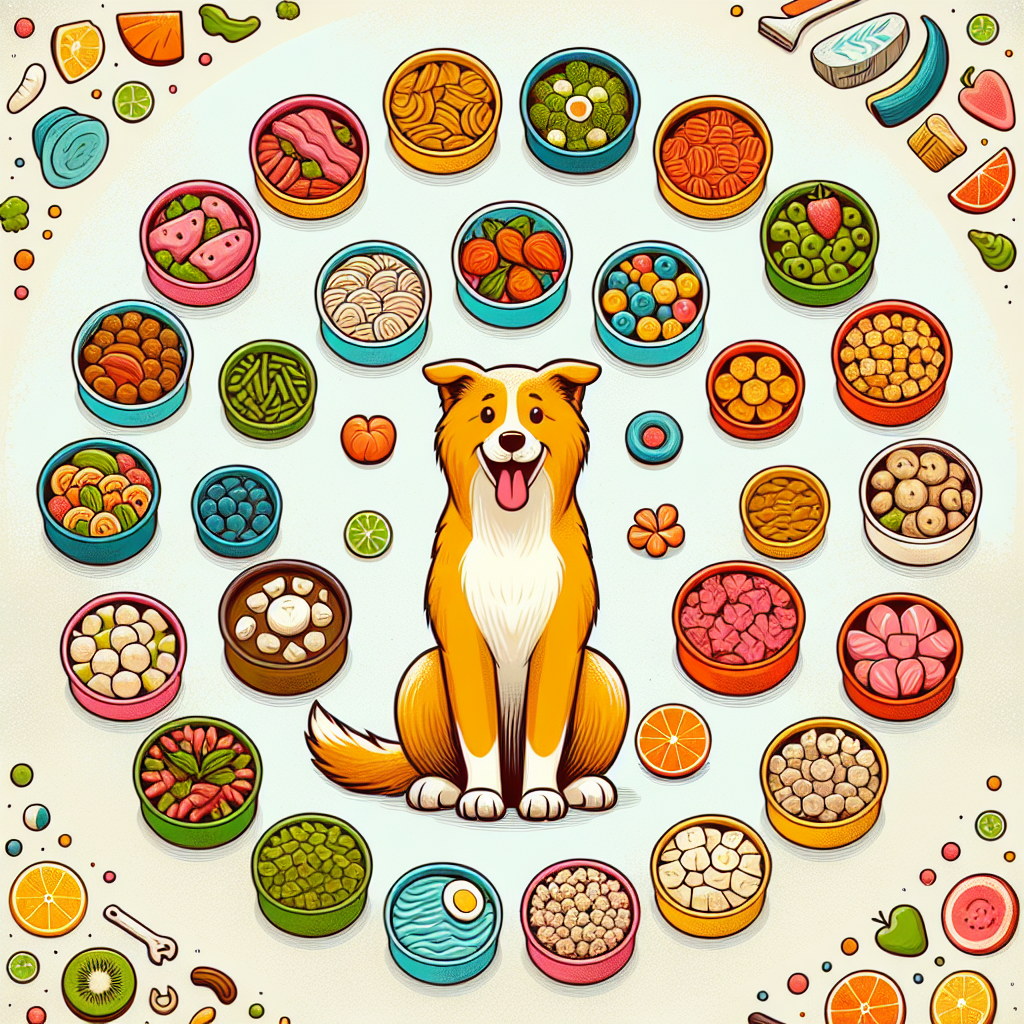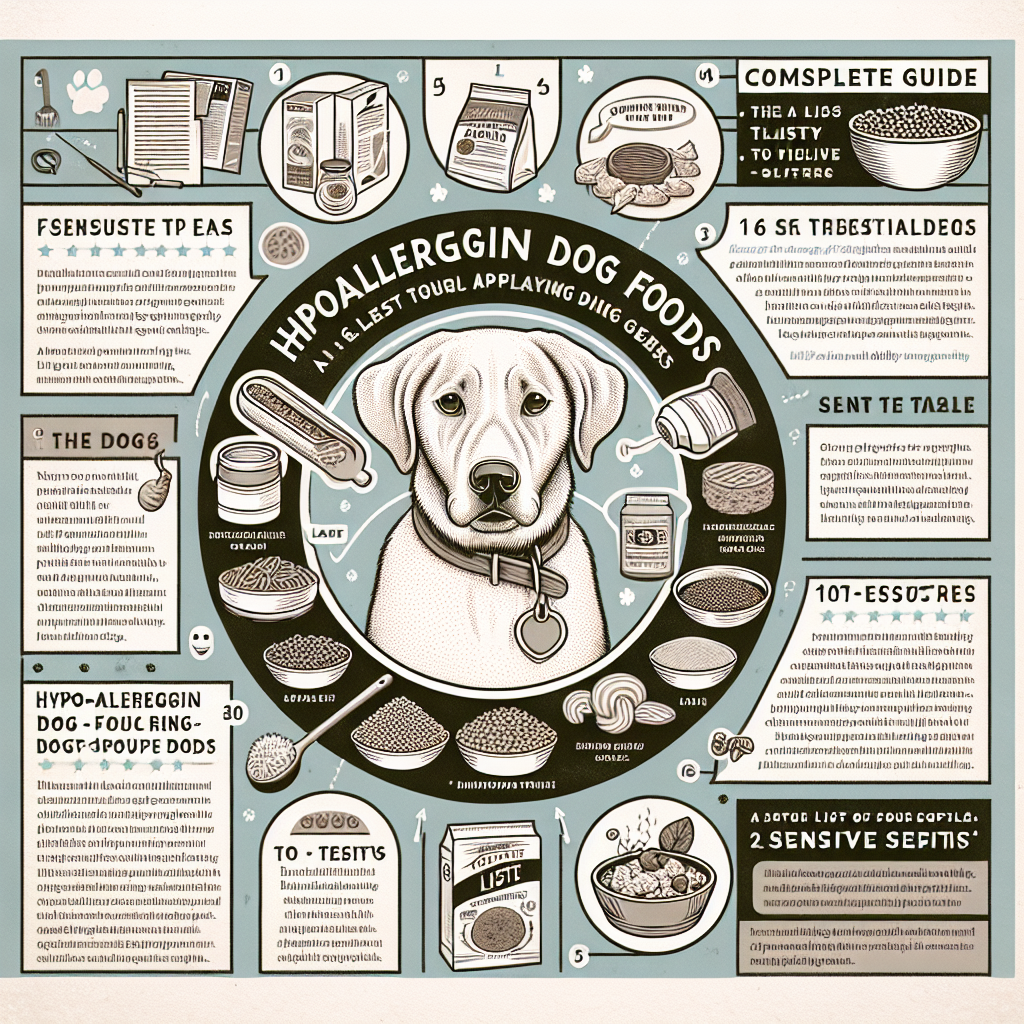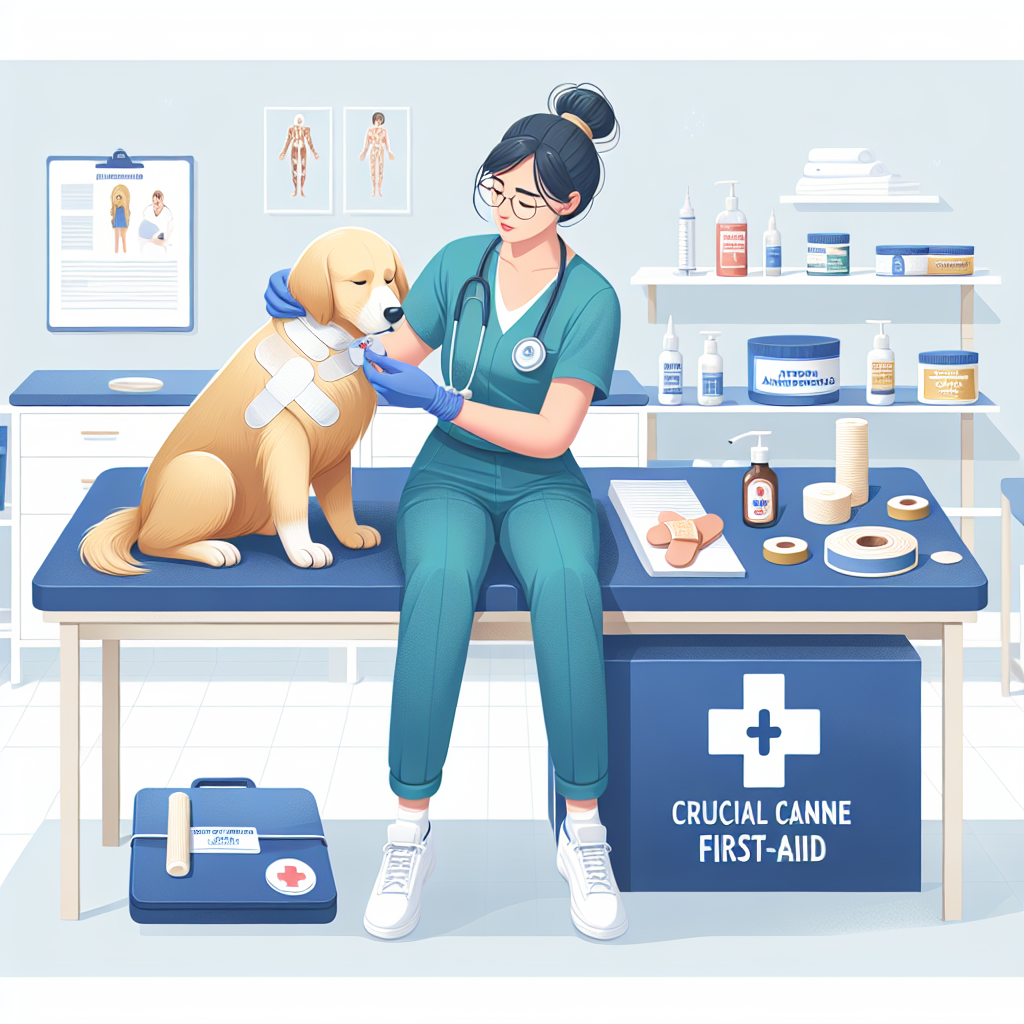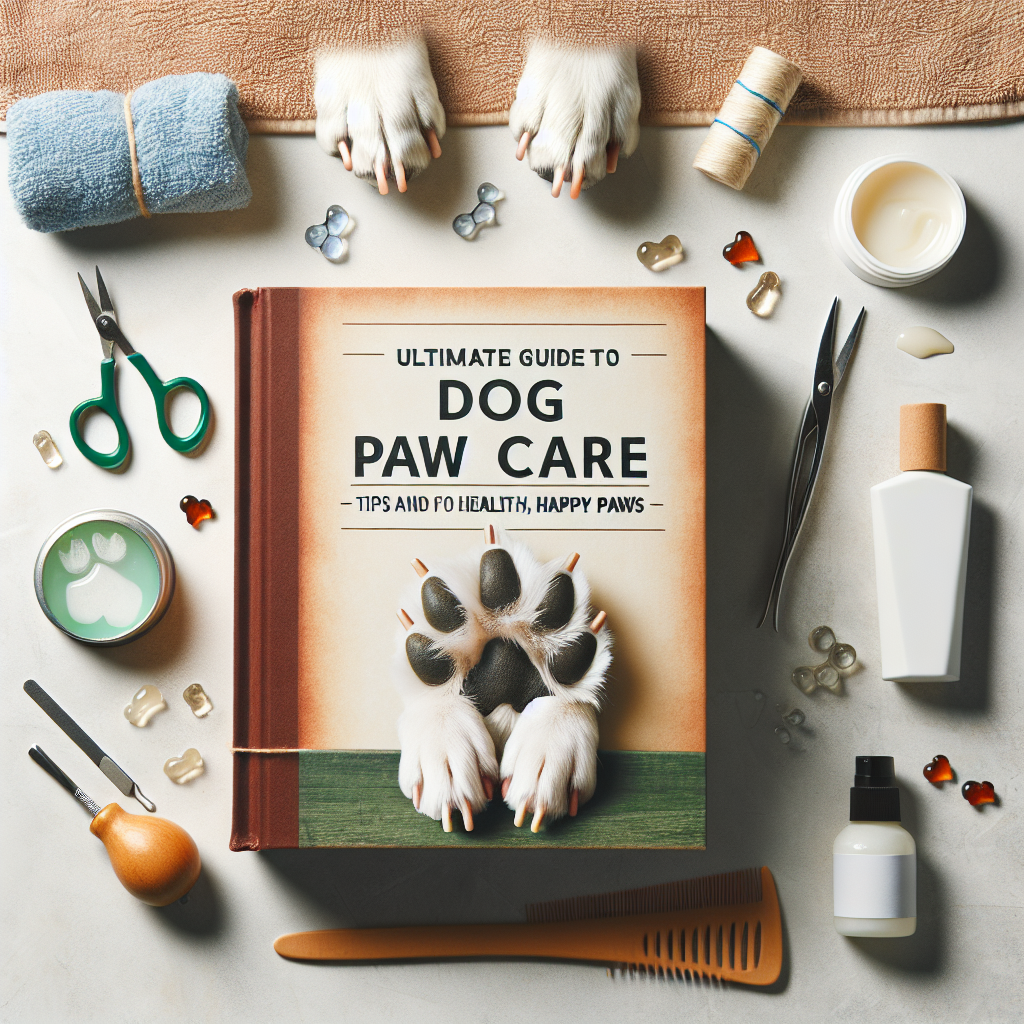
In 2024, dog owners are more invested than ever in ensuring their furry friends lead long, healthy, and happy lives. Nutrition plays a pivotal role in this quest. Just like humans, dogs rely on a balanced diet to thrive. This comprehensive guide will delve into the top 10 essential nutrition tips for optimizing your dog’s health, providing you with the knowledge to make informed dietary decisions for your four-legged companion.
1. Understand Essential Nutrients for Dogs
To provide a balanced diet, it is crucial to understand the key nutrients your dog needs. These include:
Proteins: Vital for muscle development and repair, immune function, and energy production. Sources include meat, fish, eggs, and specific plant-based proteins like lentils.
Fats: Provide energy, support cell function, and assist in the absorption of fat-soluble vitamins. Omega-3 and Omega-6 fatty acids are essential. Sources include fish oil, flaxseed, and animal fats.
Carbohydrates: Important for energy and digestive health, though not necessary in large quantities. Sources include sweet potatoes, brown rice, and certain vegetables.
Vitamins and Minerals: Critical for immune function, bone health, and overall cellular functions. Examples include vitamins A, D, E, and minerals like calcium, phosphorus, and zinc.
Water: The most crucial nutrient, it is essential for hydration, digestion, and cellular function. Always provide clean, fresh water.
2. Choose High-Quality Commercial Dog Food
Not all commercial dog foods are created equal. When choosing a brand, consider the following:
Ingredients List: Look for real meat as the first ingredient. Avoid foods with fillers, by-products, artificial preservatives, and colors.
AAFCO Certification: Ensure the food meets the standards set by the Association of American Feed Control Officials, indicating it’s nutritionally balanced.
Reputable Brands: Opt for brands with a proven track record and positive reviews. Consider consulting your veterinarian for recommendations.
Special Formulas: Some dogs require specific formulas, such as grain-free, senior, or puppy food. Tailor your choice to your dog’s age, breed, and health needs.
3. Incorporate Fresh Whole Foods
Introducing fresh, whole foods into your dog’s diet can significantly enhance their nutrition. Some options include:
Lean Meats: Chicken, turkey, and beef are excellent sources of protein. Ensure they are cooked thoroughly to avoid bacterial infections.
Vegetables: Carrots, green beans, and pumpkin provide essential vitamins, minerals, and fiber. They should be cooked or pureed to aid in digestion.
Fruits: Apples, blueberries, and bananas offer antioxidants and vitamins. Always remove seeds and pits, as they can be toxic.
Fish: Rich in Omega-3 fatty acids, fish such as salmon and sardines support skin, coat, and joint health. Ensure they are cooked and bone-free.
Eggs: Packed with protein and essential amino acids, eggs can be a great addition. Serve them cooked to avoid risks associated with raw eggs.
4. Tailor Diets to Life Stages and Health Conditions
A dog’s nutritional needs change over time and may vary due to specific health conditions. Adjust their diet accordingly:
Puppies: Require higher amounts of protein, fat, and calories to support growth and development. Opt for specially formulated puppy food.
Adults: Maintain a balanced diet with moderate protein and fat. Monitor weight to avoid obesity.
Seniors: May need lower calorie and higher fiber foods to support slower metabolisms and promote digestive health. Joint supplements like glucosamine and chondroitin can also be beneficial.
Health Conditions: Dogs with allergies, diabetes, kidney issues, or other conditions may require special diets. Consult your vet for tailored dietary advice.
5. Monitor Portion Sizes and Treats
Overfeeding can lead to obesity, which is linked to numerous health problems. Here’s how to manage portions and treats:
Portion Control: Follow the feeding guidelines on your dog’s food packaging and adjust based on your dog’s activity level and weight.
Regular Weigh-Ins: Regularly weigh your dog and adjust portions as necessary to maintain a healthy weight. Consult your vet if you’re unsure.
Healthy Treats: Treats should constitute no more than 10% of daily calorie intake. Opt for healthy options like small pieces of apple, carrot sticks, or commercially available low-calorie treats.
6. Ensure Proper Hydration
Water is essential for every function in your dog’s body. Ensure your pet stays hydrated:
Fresh Water Always: Provide clean, fresh water daily and change it frequently to ensure it’s appealing.
Water Bowls: Use stainless steel or ceramic bowls, as they are easier to clean and less likely to harbor bacteria.
Monitor Intake: Ensure your dog drinks enough, particularly in hot weather or after exercise. Signs of dehydration include lethargy, dry gums, and loss of skin elasticity.
7. Beware of Toxic Foods
Certain human foods are toxic to dogs and should be avoided:
Chocolate and Caffeine: Contain methylxanthines, which can cause vomiting, diarrhea, and even fatal outcomes.
Grapes and Raisins: Can cause kidney failure.
Onions and Garlic: Cause damage to red blood cells, leading to anemia.
Alcohol: Even small amounts can cause serious poisoning.
Xylitol: Found in sugar-free products, it can cause insulin release, leading to hypoglycemia, seizures, and liver failure.
Always educate yourself on foods that are harmful to dogs and keep them out of reach.
8. Consider Supplements
While a balanced diet is crucial, some dogs might benefit from additional supplements:
Omega-3 Fatty Acids: Support skin and coat health, reduce inflammation, and promote heart health. Available in fish oil or flaxseed oil.
Probiotics: Aid in digestive health and support the immune system. Available as powders, capsules, or in some foods.
Glucosamine and Chondroitin: Promote joint health and are particularly beneficial for older dogs or breeds prone to joint issues.
Multivitamins: Consult your vet before administering, as they should complement an already well-balanced diet.
9. Regular Vet Check-Ups
Regular consultations with your veterinarian ensure your dog’s nutritional needs are met and any potential health issues are addressed promptly:
Annual Visits: Regular check-ups can catch and address health issues early.
Diet and Weight Assessment: Your vet can provide personalized dietary advice and help manage your dog’s weight.
Blood Work: Can reveal nutritional deficiencies or health conditions requiring dietary adjustments.
10. Stay Informed on Dog Nutrition Research
Dog nutrition is an evolving field. Stay informed about the latest research and trends to keep your dog’s diet optimized:
Reputable Sources: Follow credible veterinary journals, websites, and organizations.
Newsletters and Alerts: Subscribe to updates from trusted sources like the American Veterinary Medical Association (AVMA).
Education: Consider taking online courses or attending workshops on pet nutrition.
Conclusion
Optimizing your dog’s nutrition is a continuous journey that combines understanding essential nutrients, choosing quality food, incorporating fresh and whole foods, and adjusting diets according to life stages and health conditions. Proper portion control, hydration, vigilance against toxic foods, thoughtful supplementation, regular vet visits, and staying informed about the latest research all play integral roles. By following these ten essential nutrition tips, you ensure that your furry companion not only thrives in 2024 but enjoys a long, healthy, and happy life.
Remember, your veterinarian is an invaluable partner in tailoring the best nutrition plan for your dog. Together, you can make informed decisions that will significantly impact your pet’s overall health and well-being. Here’s to a year of optimal health and wellness for your beloved canine friend!
#ChatGPT assisted in the creation of this article.
